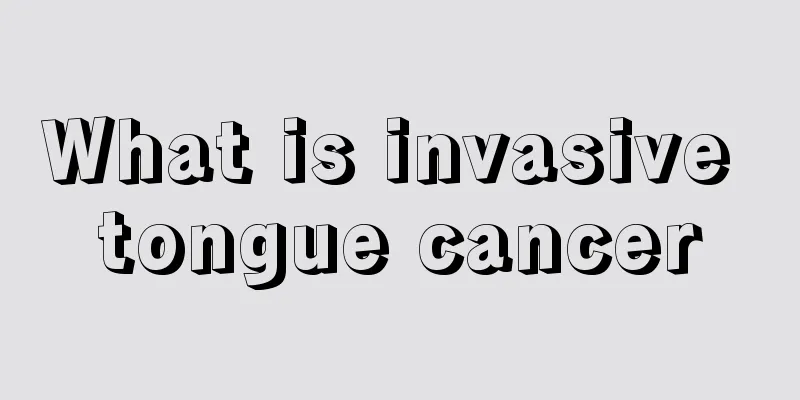What is hypertensive fundus lesions and how to treat them

|
Hypertensive retinopathy is relatively rare, and is mainly caused by cardiovascular disease directly causing this type of eye disease in hypertensive patients. The blood vessels in the human arteries that connect to the eyes are located at the fundus, so by observing the environment of the eyes, it is possible to determine whether the patient has hypertensive fundus lesions, and thus determine the treatment method for this disease. 1. What is hypertensive fundus lesions? About 70% of patients with hypertension have fundus changes. Fundus changes have nothing to do with gender, but are closely related to the patient's age. In hypertensive patients with a chronic clinical course, fundus changes are positively correlated with the duration of the disease. The degree of blood pressure increase is basically parallel to the changes in the fundus, and the effect of increased diastolic blood pressure on fundus lesions is more significant. The refractive state of the eye has a certain influence on the changes in the fundus of hypertension. Hyperopia is higher than emmetropia, while myopia is lower than emmetropia. Treatment options for hypertensive retinopathy 1. Identify the cause and eliminate it as soon as possible. 2. For patients with primary hypertension, if their blood pressure suddenly rises sharply, it is best to allow the diastolic blood pressure to drop slowly and steadily. A sharp drop in blood pressure may cause organ ischemia. Because the small arteries of patients with long-term hypertension have become partially or completely fibrotic, the blood vessel walls have a high tolerance to blood pressure and have lost a certain degree of elasticity and contractility. Only under a certain high systolic pressure can the peripheral circulation of the organs be maintained. If blood pressure suddenly drops too much, there will be insufficient blood supply to the extremities, causing blockage of organ blood vessels. 3. Pay attention to your diet and limit your salt intake. 4. Take symptomatic treatment for the eyes, such as promoting blood circulation and removing blood stasis to promote the absorption of exudation and bleeding, and taking vitamins C, E and rutin orally. |
<<: Symptoms and diagnosis of retinal neuropathy
>>: What to do with postpartum eye pain? Six tips to relieve it
Recommend
How long can you live with early lymphoma and how to improve the survival rate
In fact, lymphoma is a malignant tumor. Once lymp...
Is it reliable to use vitamin B2 to treat acne?
Having acne on the face is a very embarrassing th...
What causes urine to smell like garlic
Urine is the main way for the human body to excre...
What kind of examination is better for liver cancer
Liver cancer is a relatively serious disease, and...
Can I eat fruit after removing a mole?
You can eat fruits without worry after mole remov...
What is the reason for urine retention
Urinary incontinence is a common urinary system d...
The difference between salted sea cucumber and dried sea cucumber
Sea cucumber is a common seafood. Many people lik...
What to do if nose is allergic and peeling
In our lives, nasal allergy and peeling is a very...
How long can one live with advanced pancreatic cancer?
The survival of patients with advanced pancreatic...
Traditional Chinese medicine and folk remedies for the treatment of rectal cancer
Rectal cancer is a highly prevalent disease that ...
How to distinguish small cell lung cancer from non-small cell lung cancer
Small cell lung cancer and non-small cell lung ca...
What are the bases for diagnosing lung cancer? The diagnosis of lung cancer should adhere to these bases
Now that our living standards have improved, many...
What exercises can lift the buttocks
Many people are very dissatisfied with their bodi...
How to treat allergic dermatitis
Allergic dermatitis is still difficult to treat. ...
What tests are needed for skin cancer
What tests are needed for skin cancer? Skin cance...









